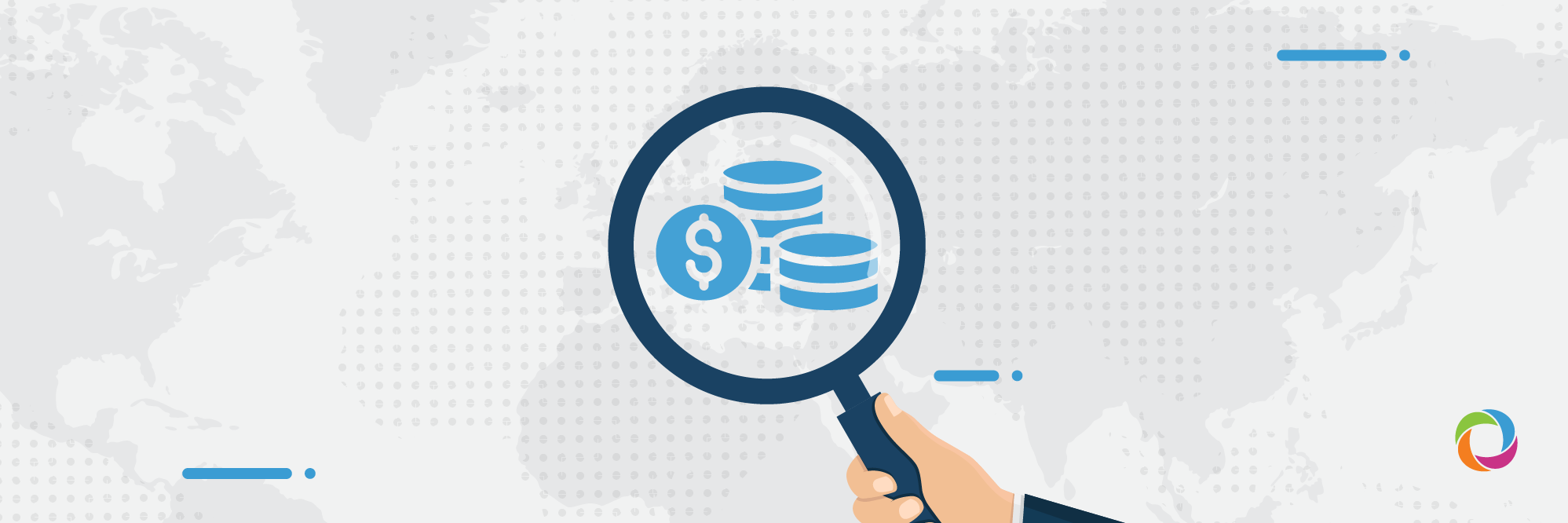According to a survey carried out by the daily newspaper, De Volkskrant, some charities no longer are barely able even to open a bank account. In order to avoid inadvertently cooperating with money laundering or terrorist financing, financial institutions must put their customers under the microscope.
Huge expenses
“If you and I start a foundation today to do good projects in a so-called suspicious country, such as Uganda, many banks will drop out in advance. It takes them far too much work to check everything”, says Erik Boerrigter, director of Partin, an umbrella organization for private development initiatives.
“Non-profit organizations worldwide are affected by the tightened rules on financial integrity,” confirms Lia van Broekhoven, Executive Director of the Human Security Collective.
In a survey among twenty Dutch NGOs in the field of women’s rights and gender equality, 70% indicated that they had experienced problems with money transfers with six of them having struggled to open a bank account.
“They get a lot of questions: where does that money come from? Do you have a board? What about the annual audit statement? The big, well-known charities have the money and the specialists to deal with this. The smaller organizations do not. It is a huge expense.”
Her organization has set up a round table together with the government and the financial sector to look for solutions. The European Banking Authority has also recently launched an investigation. The regulator openly wonders “why financial institutions choose to divest rather than manage risks associated with certain industries and customers.”
Long quest
This happened to Inemarie Dekker. During the coronavirus crisis, she saw that African NGOs were desperate for additional resources to deal with the consequences of the pandemic. Together with two colleagues in Africa, she founded “iMPACT direct”, a platform that allows the Dutch to donate money directly to a number of selected organizations in Ghana and Kenya. However, when a bank had to be found, plus a payment service provider – companies such as Mollie and Multisafepay, categorized as “Payment Services” tools – things went wrong.
“The words Africa, foundation, and crowdfunding didn’t really match. Fortunately, after seven weeks of searching, we were eventually able to turn to Bunq (a Dutch, internationally active neobank, headquartered in Amsterdam). But I still don’t quite get it. We have raised about 1,000 euros so far. That’s not worth it for money launderers, is it?” asks Dekker.
The Dutch Banking Association recognizes the problem and confirms that it is in consultation with the sector regarding this.
“Certainly, with smaller NGOs, the bank is often unclear about the activities they finance and with whom they work,” said a spokesman.
In addition to the banks, the charities also look to the government which would avert risks just as well. According to Van Broekhoven of Human Security Collective, a total of “a few dozen” specialized organizations are the victims of the hunt for laundered money. Some of these are indirectly financed by the Ministry of Foreign Affairs. The goal, therefore, is to flesh out Dutch development policy.
The business community
It is not only charities that are affected by the stricter checks on criminal money flow. Similar complaints come from the business community, from coffee shops and trust offices to professional football clubs and companies active in international trade. In addition, the requirements set by banks also seem to differ and employers’ organizations are concerned about the “massive bureaucracy” they see emerging.
Anti-Money Laundering laws and regulations target criminal activities including market manipulation, trade in illegal goods, corruption of public funds, and tax evasion, as well as the methods used to conceal these crimes and the money derived from them. Criminals often run the money through a legitimate cash-based business owned by the criminal organization or its confederates.
Check out more than 1800 job opportunities in NGOs here.

